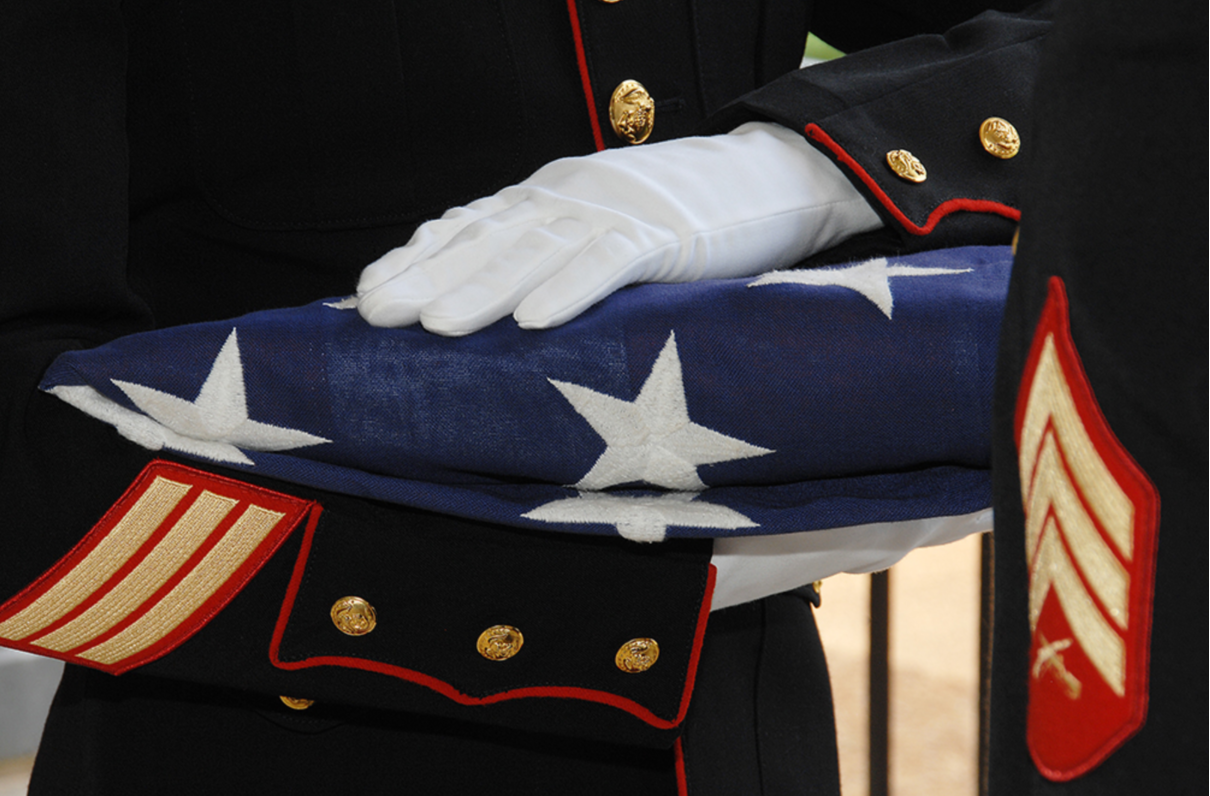Language in defense budget legislation will exempt the military death gratuity from future funding battles. The provision permits the Defense Department to continue to pay out $100,000 to the families of fallen servicemembers even if the government shuts down.
Congress has attempted to fix the issue on multiple occasions, especially after recent shutdowns led to delays in the payments. During a government shutdown in January 2018, two Army soldiers were killed in a helicopter crash during a training exercise. The government was unable to pay the families for days until a funding deal was reached.
Similarly, the 2013 shutdown caused problems with multiple gratuity payouts.
The fix, first outlined by Military Times, would let the Defense Department to temporarily pull funds from the Defense Health Program should personnel funds be unavailable. It's part of a "minibus" spending package that passed the Senate 93-7 on Tuesday and will head to the House, with approval expected there in time for President Donald Trump to sign it into law before a Sept. 30 deadline, thereby averting a government shutdown.
Previous legislation geared toward a fix, including a 2017 bipartisan bill from Rep. Gerry Connolly (D-Va.) and Rep. Tom Rooney (R-Fla.), allowed for money to come from other sources.
The provision is "the very least we can do for families who have made the ultimate sacrifice," Connolly told Military Times.
The death gratuity is paid to beneficiaries of servicemembers who die while on active duty, during training, or within 120 days of release from active duty if the death is caused by a service-related disability, according to a Military OneSource fact sheet. The gratuity is designed to cover immediate financial needs, like travel and funeral expenses. Servicemembers can designate up to 10 beneficiaries and allocate a percentage of the $100,000 to each in increments as small as $10,000.
During previous shutdowns, the nonprofit Fisher House Foundation has stepped in to cover the benefit. The group's founder, Ken Fisher, is among those pressing for a legislative remedy.
“In their darkest hour, the families of fallen servicemembers shouldn't need to rely on charities to cover essential military benefits,” said James Naughton, associate director of government relations for MOAA.
